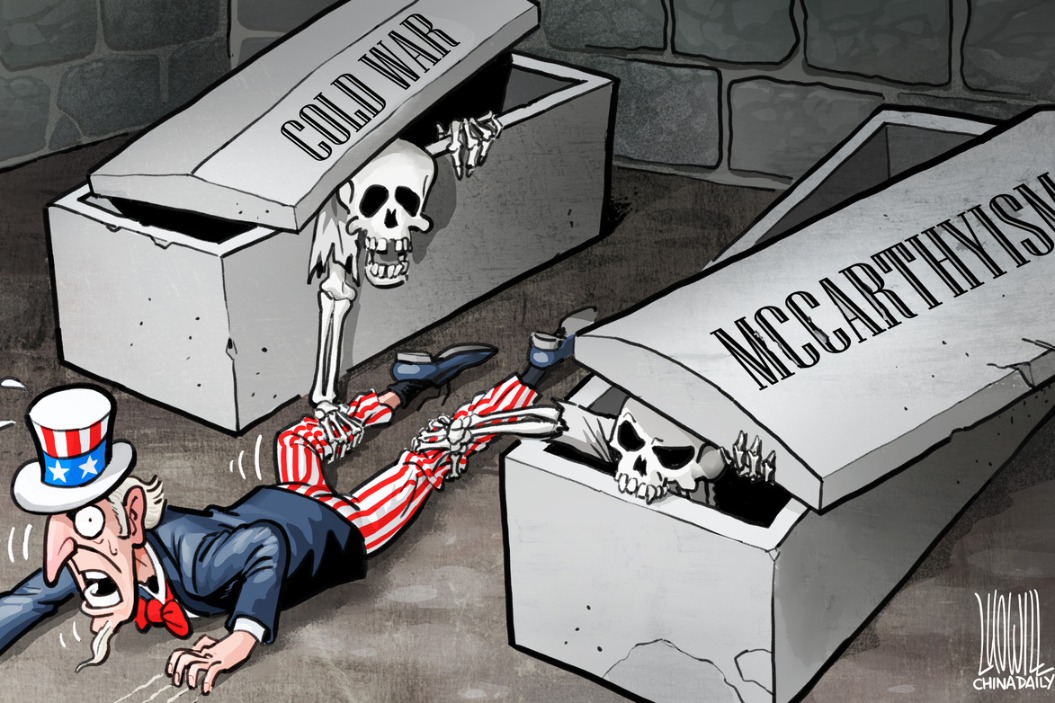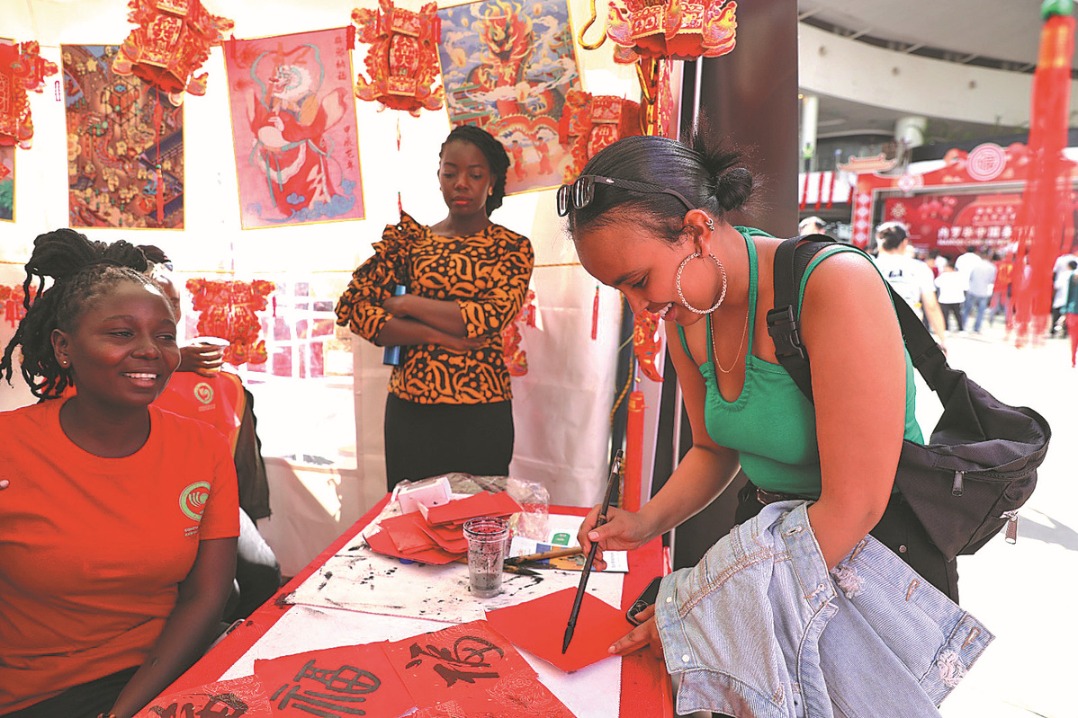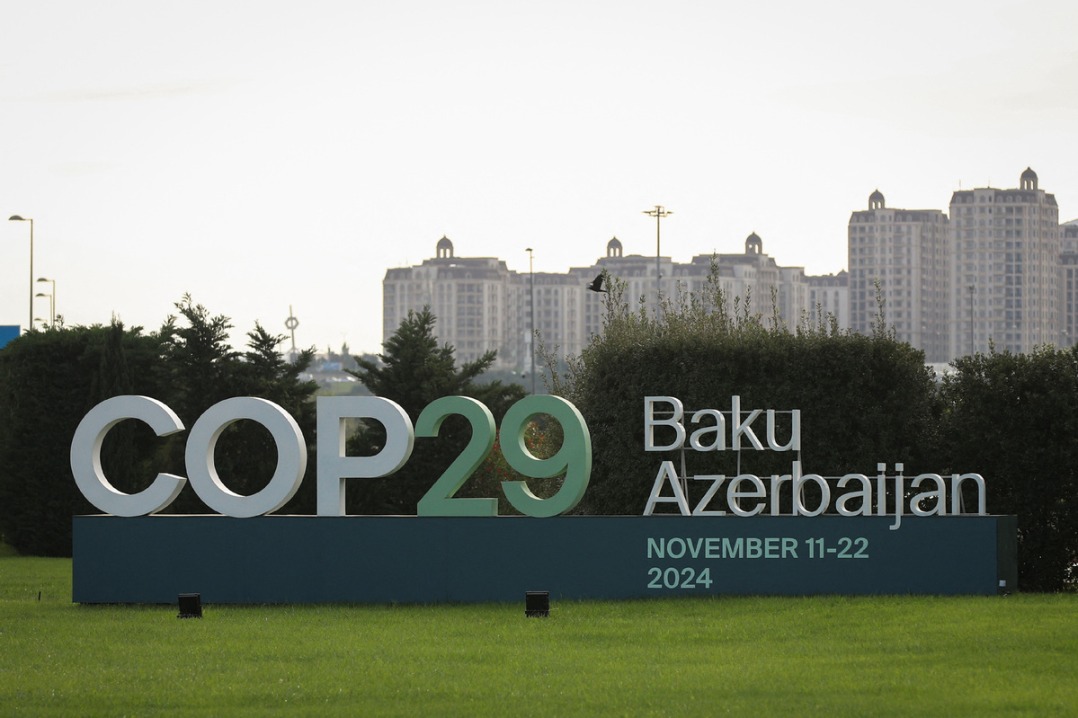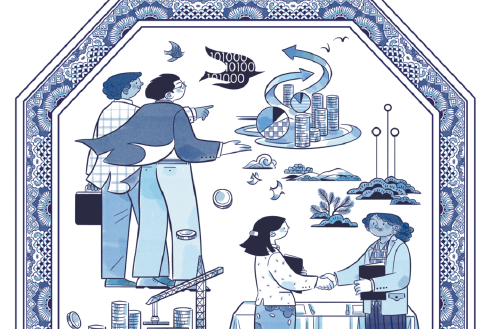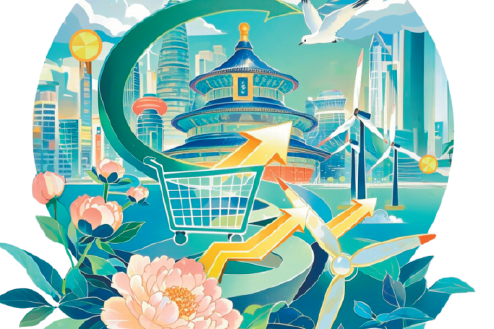Drawing on experience
Europe and China have managed their differences in the past and they can do so again


In the long weeks that separate us from Jan 20, 2025, when Donald Trump takes office, analyses are being fine-tuned in several European capitals, shrouded in bewilderment. And the frequently used phrase is that "we Europeans must really take our fate into our own hands", already uttered by then German Chancellor Angela Merkel in May 2017, during the time of Trump's previous administration.
In this context, Spain's administration applies resilience and the relationship with China takes on a new dimension. Spanish Minister of Economy, Trade and Enterprise, Carlos Cuerpo, has recently declared that "Europe has to have its own view and its own position "distinct from both the United States and China when it comes to trade and tariffs, and that "Spain has to do its own analysis", insisting on "exhausting all possible avenues of negotiation and dialogue" with China in order to "reach an acceptable vision for both parties".
The country has the conditions to do so in light of a reading of the International Monetary Fund's World Economic Outlook report published in October, which estimates that the Spanish economy will grow by 2.9 percent in 2024, the highest increase of all the major advanced industrialized countries in the West. The economic growth rate of Spain in 2024 is, overall, more than three times of the economic growth in the euro area.
After two visits to China in the past two years by Spanish Prime Minister Pedro Sanchez, Madrid sees "huge potential" of bilateral cooperation. Some analysts have commented that Spain is opening its doors to China as a trade war between China and Europe looms, which has caused a stir on both sides of the Atlantic.
But it is an eloquent summary of the situation as China and Spain enjoy robust economic ties, as shown by the agreements Madrid and Beijing have signed in green development and electric car manufacturing. It should also be noted that Spain was the second-largest automaker in Europe after Germany, and the eighth-largest in the world in 2023.
In the first half of this year, almost 60 percent of Spain's electricity came from renewable energy sources, a field in which Spain wants to lead in Europe, according to grid operator Redeia. In September 2024, Chinese wind turbine technologies developer Envision Energy agreed to invest $1 billion to build an industrial park for green hydrogen in Spain, a milestone for the continent.
Spain's strategic proximity to China provides access to advanced technology in each of the mentioned fields, thus the agreements are win-win in nature. Concomitantly, Spain wants to highlight to Chinese investors Spain's long-standing cultural and economic ties with other Spanish-speaking countries, in order to serve, in parallel to the Latin American countries' respective bilateral ties with China. This takes on special relevance as during President Xi Jinping's visit to Peru, he inaugurated the megaport of Chancay, the first Pacific logistics center in Latin America.
Felipe Gonzalez, the former Spanish prime minister who led Spain's transition to democracy from 1982 onwards and is remembered, among other things, for spreading the famous saying by former Chinese leader Deng Xiaoping "it doesn't matter whether a cat is black or white, as long as it catches mice", which he learned in Beijing during his official visit in 1985, has called in various fora for correctly interpreting two famous reports to guide the work of the European Commission and the European Council this year, and particularly from next year on, in the light of the current challenges. One is the Letta Report published in April 2024 by Enrico Letta, the former Italian prime minister, empowering the single market to deliver a sustainable future and prosperity for all EU citizens, and the Draghi Report published in September 2024 by Mario Draghi, former Italian prime minister and former president of the European Central Bank, directing the future of European competitiveness.
Today, it is clear from reading both that we must look with fresh eyes at China, one of the world's innovative powers, one of Europe's most important partners, not see it as a "systemic rival", a concept that neither of these documents uses. We know that there may be trade disagreements, but they can be resolved through negotiations. However, in the case of the US, according to all indications, the margin for negotiation will be much smaller and erratic, putting at risk the spirit of bilateralism and the world economic order, and moreover, international stability.
The update on the Draghi Report by the Berlin-based think tank MERICS in September is striking. While noting the competitiveness challenges that China presents to the continent, MERICS highlights Draghi's calls for European industrial policies to allocate more resources to key industries and technologies as well as calls for further efforts in education, research, and foreign policies in strategic sectors where green industries, commodities and digital technology are front-runners.
The year 2025 marks the 20th anniversary of the establishment of the comprehensive strategic partnership between Spain and China and 50 years of relations between the then European Economic Community (now the EU) and China. These ties, in turn, were preceded at the bilateral level by the establishment of diplomatic relations between China and Finland and Sweden in 1950, France in 1964, and Spain in 1973, as well as with other European countries in the 1970s. US-China relations were only established in 1979. It is time to demonstrate Europe's experience and resilience in dealing with Beijing and vice versa.
Depending on Trump's attitude to the EU, we might speculate that negotiations between China and the EU on the Comprehensive Agreement on Investment or a similar deal, might be back on the agenda. Let's wait and see.

The author is director of the Dialogue with China Project and former global expert in the United Nations Alliance of Civilizations. The author contributed this article to China Watch, a think tank powered by China Daily. The views do not necessarily reflect those of China Daily.
Contact the editor at editor@chinawatch.cn.























